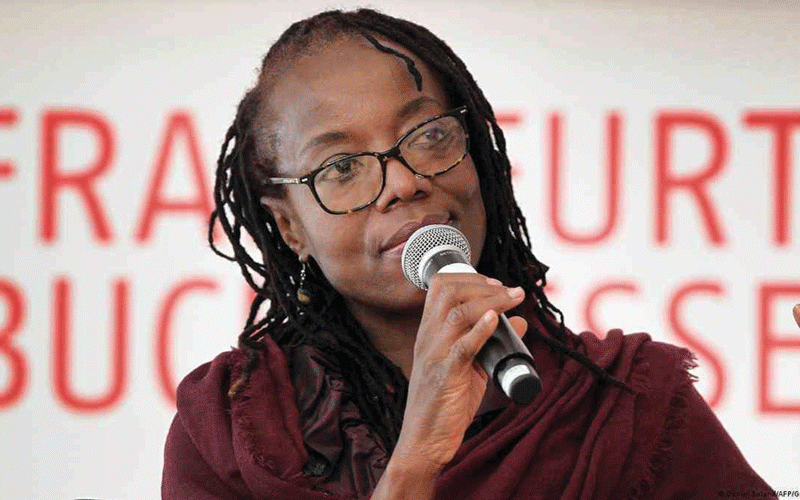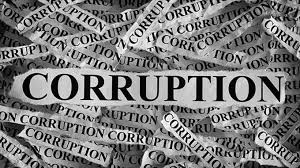
FOR the first time since 1980, the Supreme Court has been used to stop a presidential candidate from being on the ballot.
The court yesterday dismissed Saviour Kasukuwere’s appeal to be on the ballot paper for the presidential election.
Kasukuwere had brought a new feel to the August 23 polls. His campaign was sending jitters in the Zanu PF corridors.
President Emmerson Mnangagwa was quacking in his boots and had to pull out every technical argument available to stop Kasukuwere.
The courts were meant to be an independent arbiter in the case. I am very certain in my mind that the selection of the judges to hear the matter was deliberate and meant to control the outcome.
It is my strong opinion that a list of three other independent judges would have come to a different conclusion.
MDC-T leader Douglas Mwonzora tweeted: “Preventing electoral candidates from participating in an election is a clear danger to democracy. It violates the cardinal principle of the sovereignty of the people to choose their leaders. It is wrong. Zimbabwe is going through a very sad period.”
Long after the polls on August 23, Zimbabweans will be debating the independence of the Judiciary.
- Backlash over ZEC’s huge 2023 poll fees
- Ex-Mwonzora ally defects to CCC
- Pomona saga: Harare handed shock US$750k ‘garbage’ bill
- CCC giving us sleepless nights: Mohadi
Keep Reading
Opinion has been strong that Mnangagwa controls the courts since the rushed judgment that said there was no coup in November 2017.
The judges have been very circumspect in handling political disputes.
A quick analysis of the Supreme Court judgment shows how inconsistent the bench is in its reasoning in constitutional matters.
In the case of Chinanzvavana v National Peace and Reconciliation Commission, the court said that a person should demonstrate how their right has been breached.
However, in the Kasukuwere case, the Supreme Court accepted without Lovedale Mangwana demonstrating which right or rights of his were to be breached if Kasukuwere was on the presidential ballot.
It is also interesting that Kasukuwere was deleted from the voters roll by the courts when in the Electoral Act, it is clear how a person can be removed from the roll. The steps are clearly spelt out in section 28 of the Electoral Act.
Kasukuwere was deleted from the roll without being asked to make representations.
It may be interesting to draw parallels with the South African High Court in the case of Helen Suzman Foundation v Minister of Home Affairs.
The South African court insisted that an administrative decision cannot be taken without giving the affected party an opportunity to make a representation. This is the essence of section 28 in Zimbabwe’s Electoral Act.
However, the Supreme Court dispensed with these legal niceties and upheld Kasukuwere should not be on the voters roll without him making any representations.
We are back to the age of political judgments. This was demonstrated in the case of Ben Freeth v Minister of Lands and Resettlement.
The court did not protect the right to private property. The court under Judge President Godfrey Chidyausiku gave a verdict government wanted.
Freeth and others then appealed to the Namibia-based Sadc Tribunal, which ruled Zimbabwe’s land reform was racist and that the farmers deserved to be compensated.
In a fit of anger, the Zimbabwean government withdrew from the Tribunal.
What does the Kasukuwere judgment mean in relation to this year’s presidential election?
This will now be a two-horse race between Citizens Coalition for Change (CCC) leader Nelson Chamisa and Mnangagwa, but the latter has been given another leg up by the court in Bulawayo.
Let’s for a moment turn to the Bulawayo High Court judgment on the CCC 12 National Assembly candidates.
The court ruled that they should not be on the ballot because they filed their nomination papers outside the permissible time.
What is the net effect of the judgment? It means CCC will not have any representatives in the National Assembly, it will not have people in the Senate and it will not have an women proportional representative’s quota from Bulawayo in the National Assembly.
It can be further argued that Chamisa will have a dented campaign in Bulawayo Metropolitan province because a campaign is usually sustained on the strength of local representatives.
The long and short of it is Zanu PF has played a brazen lawfare trick without any regard to what the citizens, regional and international communities think or will perceive Zimbabwe.
Zanu PF has nailed its colours to the mast that it is only concerned with getting into power at all costs, notwithstanding what that will do to Zimbabwe’s image.
The opposition should have learnt a few lessons from this sad episode. When dealing with Zanu PF, do not leave room for mistakes or technical gaps that can be exploited by the regime.
Zanu PF is not afraid to use the law or coerce the bench to make rulings in its favour.
More than ever, Zimbabwe now needs judicial reforms. It needs men and women with spine and can exercise their minds independently when dispensing justice.
Otherwise, we will remain a country where people will not feel comfortable to take their grievances to be resolved by the court.
People may opt to resolve their issues in a political manner through picketing and demonstrations — creating potential for anarchy.
While Mnangagwa seems to have won in this round by bludgeoning his political rival using the courts, the temperature on the ground and our democracy as a country is at risk. Zimbabwe is sliding or cementing its position as an autocratic State.
It remains to be seen whether Kasukuwere and the 12 CCC candidates will appeal their cases and the final resolutions will be made in time for the polls.
For now, the elections are tainted and the bench has failed to acquit itself as an impartial arbiter in political disputes.
Paidamoyo Muzulu is a journalist based in Harare. He writes here in his personal capacity.











